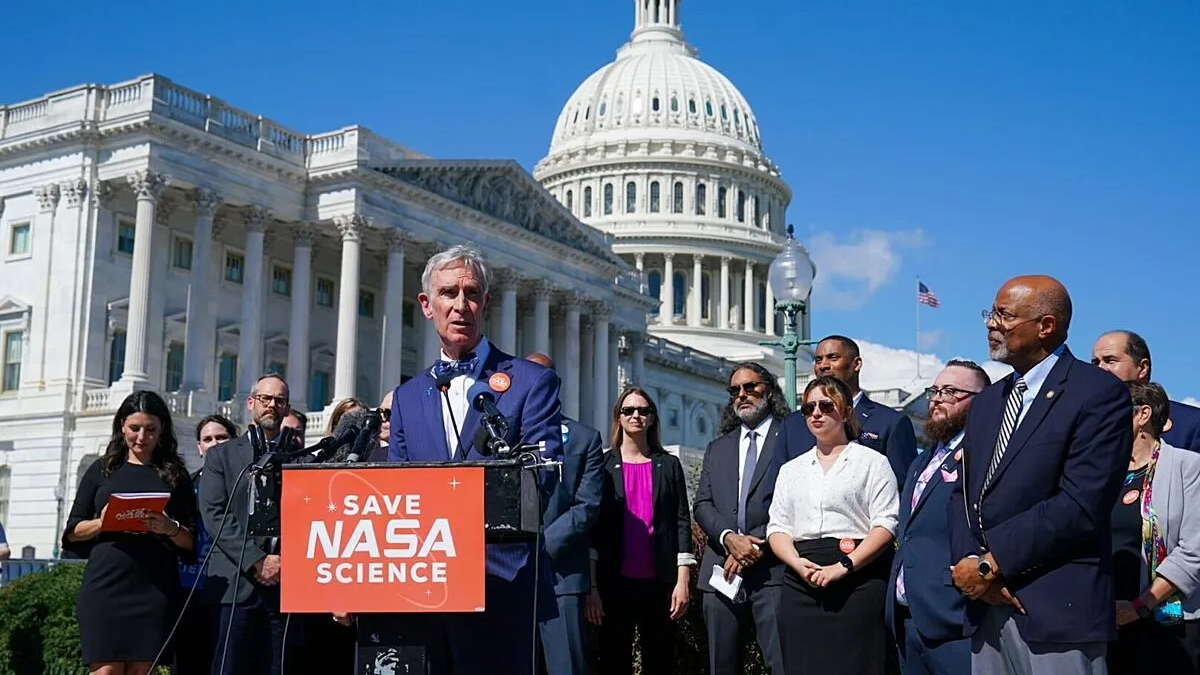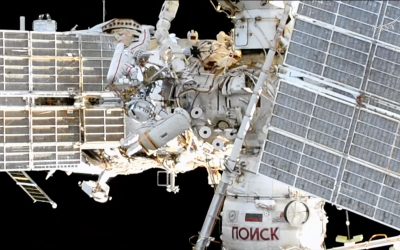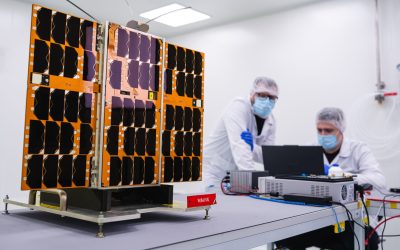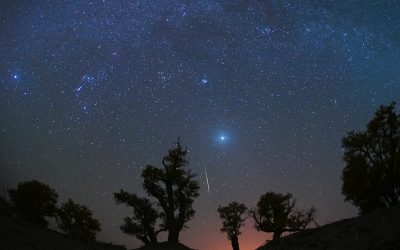Even with the looming threat of a government shutdown, fervent proponents of space exploration are persistently lobbying Congress on behalf of NASA.
On October 6, the nonprofit Planetary Society organized a “day of action,” calling on Congress to reinstate NASA’s science funding. The White House’s proposed 2026 federal budget had drastically reduced these allocations, cutting them by nearly half.
Bill Nye, CEO of The Planetary Society, delivered a strong warning at a “Save NASA Science” press conference held Wednesday on the steps of the U.S. Capitol in Washington, D.C. He meticulously detailed the far-reaching consequences for NASA and the broader American scientific landscape should President Donald Trump’s Fiscal Year 2026 presidential budget proposal be signed into law.
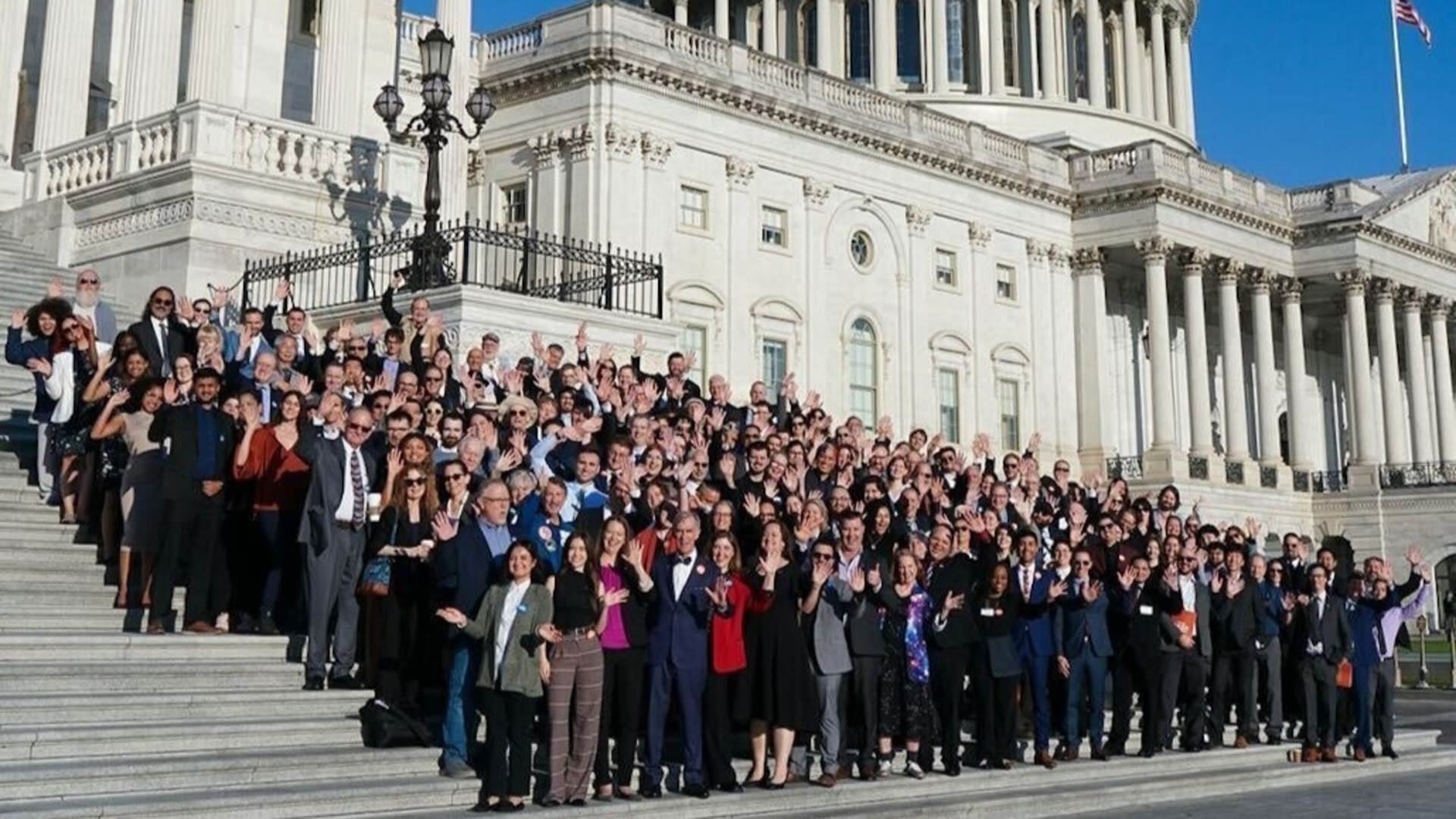
Bill Nye stated that proposed financial cuts would necessitate the early termination of numerous missions, leading to the abrupt deactivation of operational spacecraft. He added that development work on virtually all future science missions would be summarily halted. Nye’s remarks were made at an event that drew over 300 supporters and representatives from 20 national organizations.
The President’s Budget Request, issued in May, proposed the most significant funding reduction in NASA’s history. The White House’s plan seeks to cut NASA’s overall budget by 24%, including a substantial 47% decrease for its science programs. Following this proposal, the Planetary Society has initiated efforts to cultivate public awareness and collaborate with Congress to reinstate NASA’s funding levels within the appropriations bill.
Bill Nye asserted on Monday that genuine exploration inherently lacks a private alternative. He characterized NASA’s scientific pursuits as a remarkable bargain, indicating that every dollar invested returns at least three dollars to the economy. Citing tangible benefits, Nye highlighted that NASA’s science investment last year alone generated more than $20 billion in economic growth and sustained over 80,000 jobs across all 50 states.
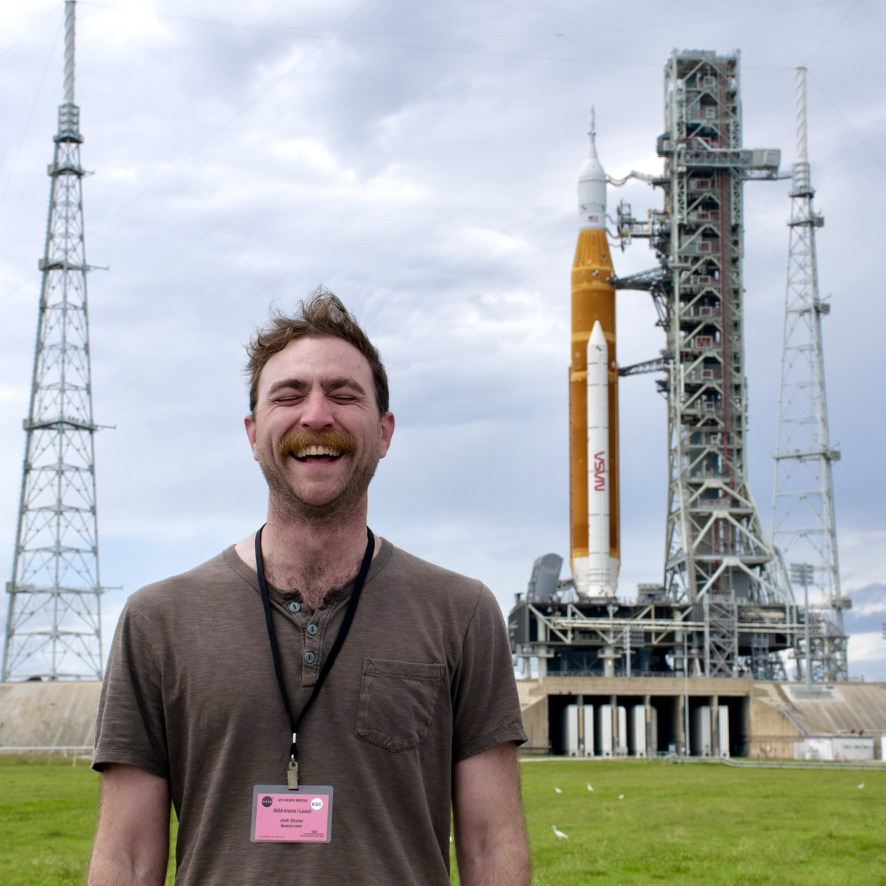
Bill Nye asserted that science and exploration are not merely optional pursuits but constitute a fundamental pillar of the United States. He underscored this point by referencing Article One, Clause Eight of the US Constitution, which, he noted, “recommends to Congress that they promote the progress of science and useful arts.” Nye emphasized this constitutional directive as proof of science’s integral and mandated role.
For months, Congress has signaled its intent to restore NASA’s funding to approximately fiscal year 2025 levels. However, this effort has been stalled due to an inability to reach consensus on other critical aspects of the final budget appropriations bill. This broader legislative impasse has not only impeded the space agency’s budget restoration but also led to a shutdown of the U.S. government.
Casey Dreier, the Planetary Society’s chief of space policy, announced on Monday that congressional chambers had “broadly rejected” the administration’s proposed plan. He, alongside Bill Nye, was joined by Democratic Representative Glenn Ivey of Maryland’s fourth district, which encompasses NASA’s Goddard Space Flight Center. Representative Ivey further criticized the administration’s approach, deeming it “awful for our region and for the nation.”
Ivey told reporters that it is “critical” for the Senate’s budget plan to “make sure that the United States continues maximum funding.” He further asserted that Congress, encompassing both the House and the Senate, was “moving in a much better direction than the White House.”
At a gathering on the Capitol steps, American Astronomical Society President-elect Marcel Agüeros conveyed his support, emphasizing the transformative impact of NASA’s Hubble, Chandra, Kepler, and TESS space telescopes. He stated these missions have fundamentally altered humanity’s understanding of the cosmos. Agüeros also voiced concern about the implications of potential budget cuts for future endeavors, citing the Nancy Grace Roman Space Telescope, currently under development, as a prime example of a mission that could be jeopardized.
The Roman Space Telescope stands as a pivotal mission poised to expand the frontiers of scientific understanding, according to Agüeros. This advanced observatory is not only anticipated to profoundly transform our comprehension of dark matter and dark energy, but it is also projected to significantly augment our planetary catalog by an estimated 100,000 new worlds. Currently, the Roman project is operating efficiently, remaining within its allocated budget and ahead of its planned schedule. Agüeros cautioned that any reduction in funding at this stage would not only represent a substantial setback for scientific discovery but would also constitute a considerable misuse of taxpayer funds.
A recent event on Monday unfolded amidst the initial full week of a federal government shutdown, a period during which more than 15,000 NASA employees were furloughed and its science operations largely put on hold. While Congress is anticipated to revisit NASA’s budget once the shutdown concludes, there is currently no indication of when that will occur. In the coming weeks, the Planetary Society and its supporters plan to persistently advocate their message to lawmakers.
Addressing an audience, Bill Nye invoked former President Teddy Roosevelt’s call to “dare mighty things,” asserting that reductions in NASA’s scientific funding would not bolster national strength. He emphasized, rather, that investment in these programs is the key to a more robust nation.

